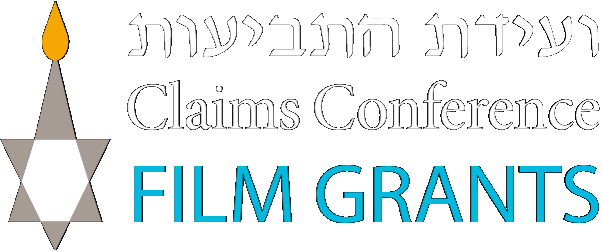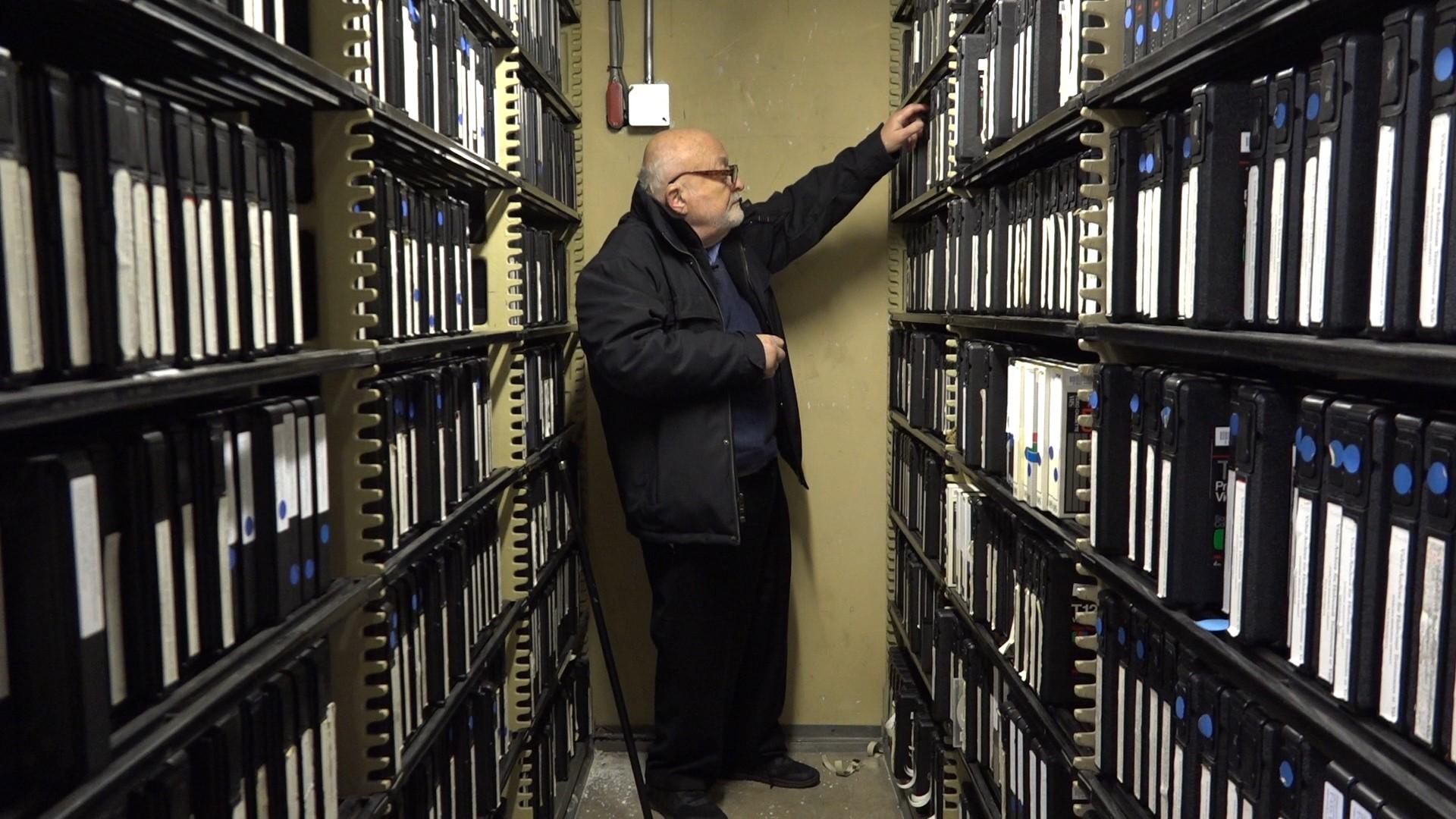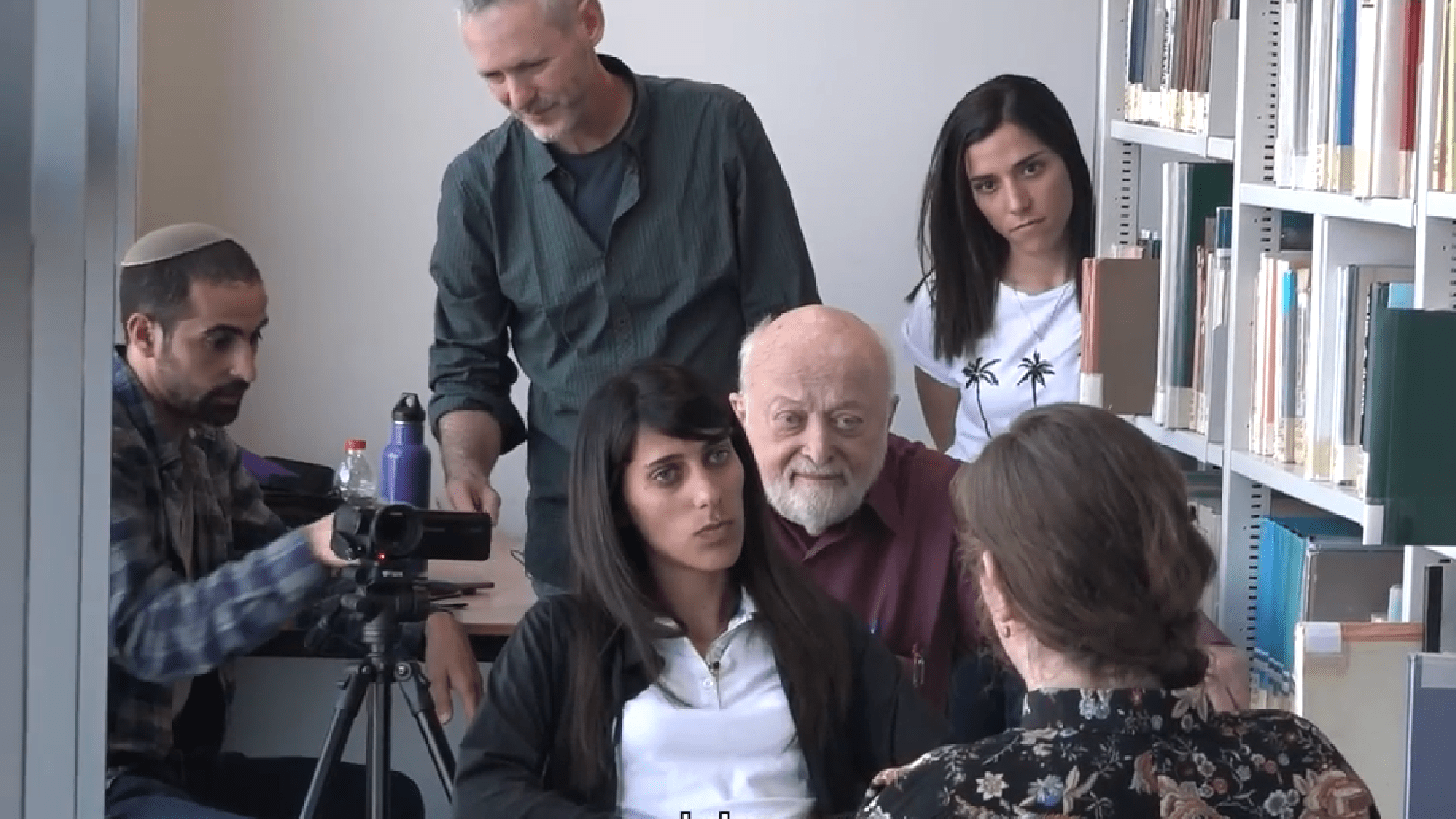Dori Laub realized the power of listening to life stories as a method for helping survivors cope with trauma when in 1979, he collaborated with a television producer seeking to interview Holocaust survivors. The result was a pioneering video testimony enterprise at Yale University that sought to enable as many survivors as possible to deliver their testimony and to experience true listening for the first time.
Synopsis
Laub illustrated the role of the listener in his book Testimony: “For the
testimonial process to take place, there needs to be a bonding, the intimate and total presence of an other–in the position of one who hears.” This statement reverberates throughout the film, as Laub assumes the role of the interviewer and gazes at the witnesses with total attentiveness, almost without speaking.
The movie tells Laub’s story, depicting his work and gradually revealing his own personal world: his memories as a boy in a concentration camp in Romania, his mother who saved him during the Holocaust, and his German wife Johanna, the daughter of a Nazi officer. Toward the end of the film, he attends a meeting of Jewish and Arab students, again demonstrating his ability to listen with infinite devotion and
to convey the message of therapeutic listening.
Director’s Note
In this film, we explore testimonies from the Holocaust and other historical atrocities from a perspective that has hitherto not received the attention it deserves: that of “the listener.” For this reason, the approach of Dori Laub – founder of the first video-testimony project and one of the formulators of the concept of testimony and the ethics of the empathetic interview – is given significant visual expression in the
“reaction shot”: the reaction of the face listening to the witness.
In an intimate partnership, we accompanied and documented Laub during the final four years of his life (2015-2018) in an effort to learn and to teach his approach and his methods. The film documents the journey of Laub’s testimony, tells his story, and bring to the screen his total commitment to listening to the victims of history and those who bear its traumatic memory.
Year
In Production
Director:
Ohad Ufaz and Micha Livne
Editing
Chen Shelach


